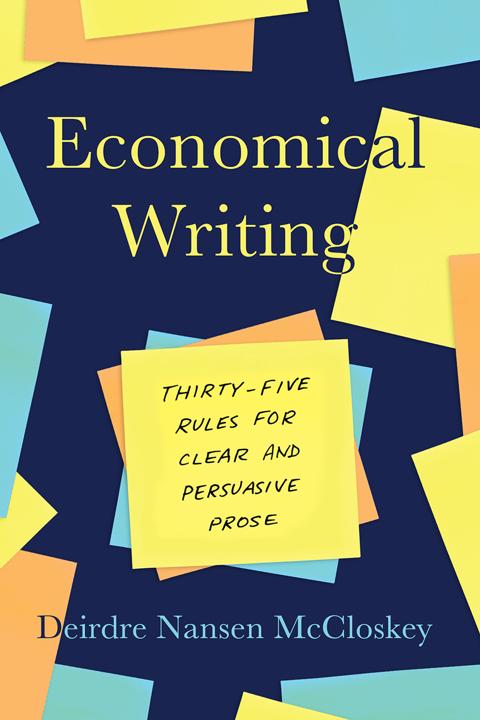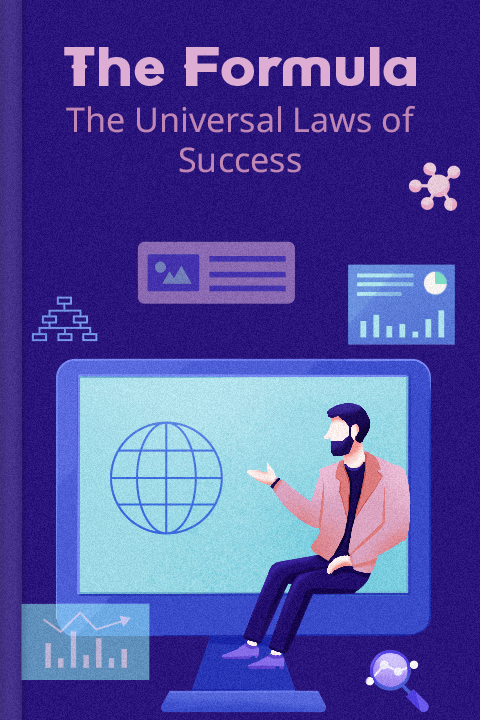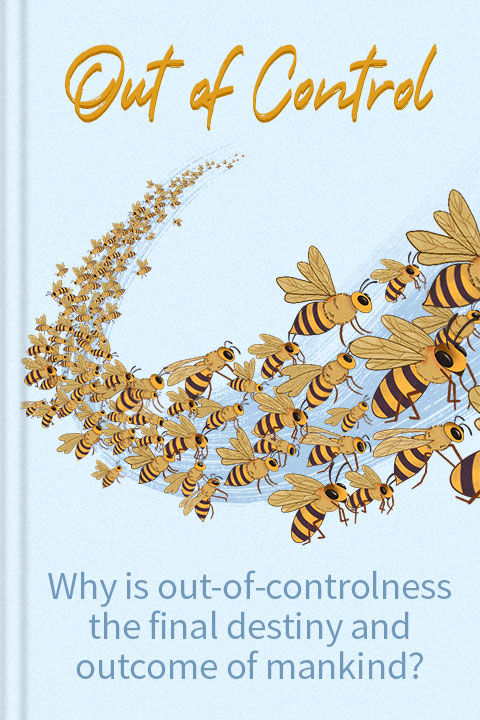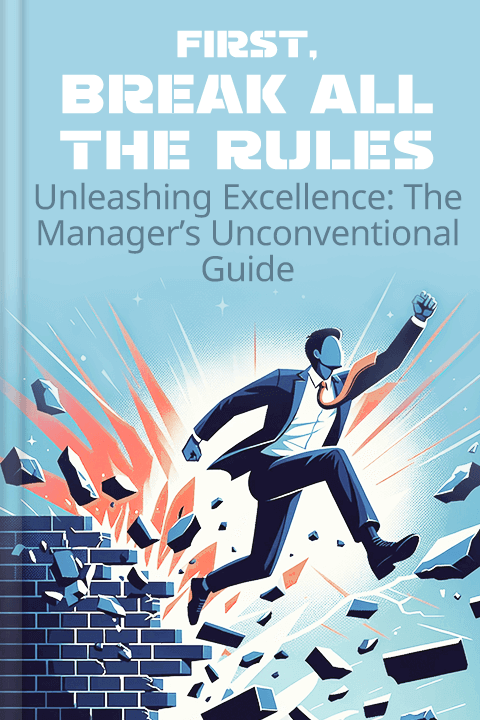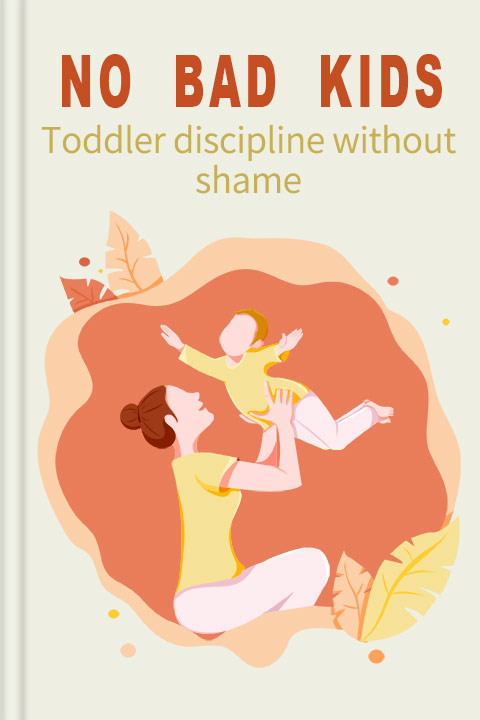
Information

Author: Daniel Kahneman
Narrator: Ryan
Format: MP3
IBSN: 9780374275631
Language: English
Publish Date: 25/10/2011
Audiobook length: 31 min
Readers Also Enjoyed Summary Audiobook 
Why listen to Thinking, Fast and Slow
Listening to the summary audiobook of "Thinking, Fast and Slow" by Daniel Kahneman offers a valuable opportunity to grasp the fundamental concepts of human decision-making and cognitive biases in an efficient format. Kahneman, a Nobel laureate, presents complex psychological theories with clarity, highlighting the dichotomy between our fast, intuitive thinking and slower, deliberate reasoning. This insightful overview not only enhances our understanding of how we think but also equips us with tools to recognize and mitigate errors in judgement, making it a practical resource for personal and professional growth.
Key Insights from Thinking, Fast and Slow
- The book explores the dichotomy between two modes of thinking: System 1, which is fast, intuitive, and emotional, and System 2, which is slower, more deliberate, and logical. Understanding these systems can help us recognize our cognitive biases and improve our decision-making processes.
- Kahneman highlights the concept of heuristics, mental shortcuts that ease the cognitive load of decision-making, but can lead to systematic errors. These biases, such as anchoring and availability, often skew our perception of reality and influence our choices without us realizing it.
- The author emphasizes the impact of loss aversion, where the pain of losing is felt more acutely than the pleasure of gaining. This psychological principle explains why people often make irrational choices that contradict their best interests, favoring the avoidance of loss over potential gains.

Brief In, Brilliance Out
Contact: buildlearn.bk@gmail.com







